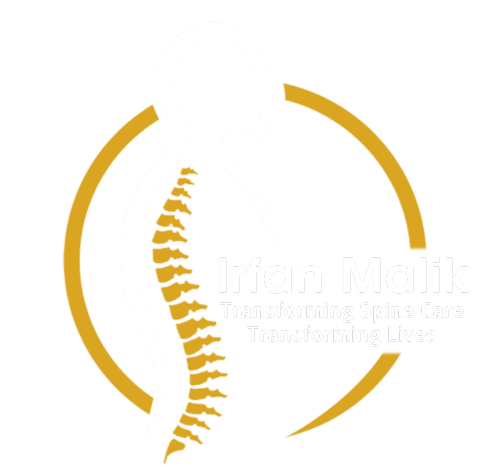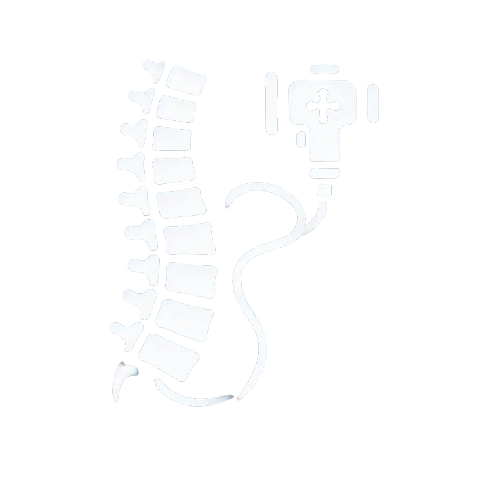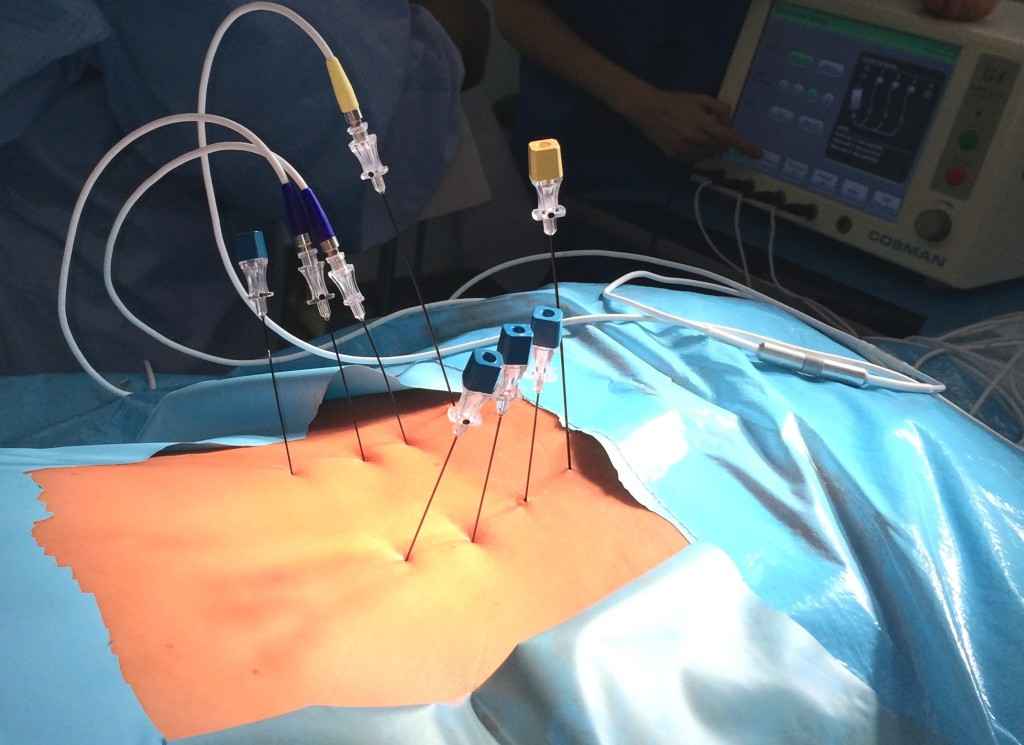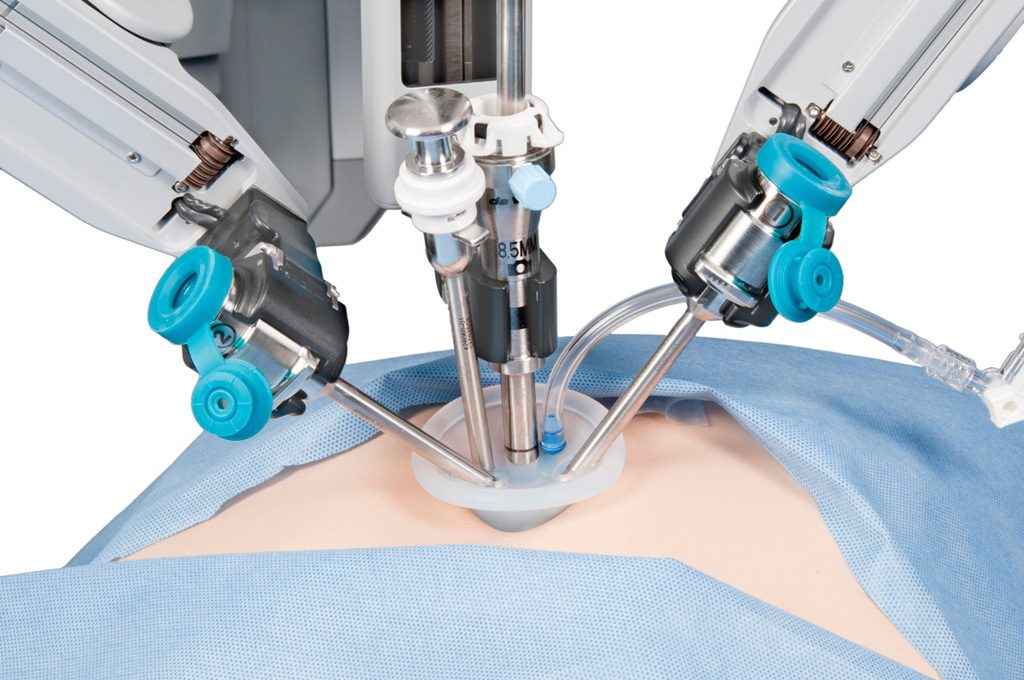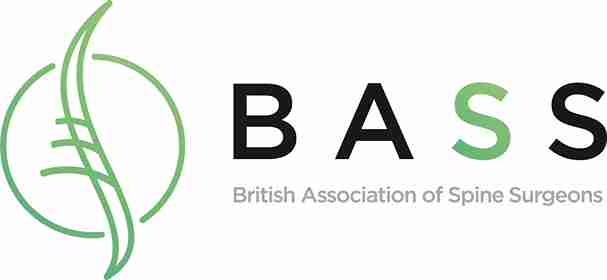Key Benefits of Endoscopic Spinal Surgery
Endoscopic spine surgery offers a significant advantage over traditional open spine surgery with its minimally invasive approach, utilizing smaller incisions (1-2 cm). This reduced incision size results in less tissue disruption, minimal scarring, and improved cosmetic outcomes. Patients benefit from reduced post-operative pain and discomfort, facilitating a faster recovery.
Reduced Tissue Damage
The endoscopic technique preserves natural spinal anatomy by minimizing muscle trauma and tissue disruption. This approach reduces the risk of complications and promotes faster healing. As compared to traditional open surgery, endoscopic spine surgery avoids extensive tissue dissection, reducing the risk of long-term damage.
Decreased Blood Loss
Endoscopic spine surgery significantly reduces blood loss due to the minimal tissue disruption and smaller incision size. This decrease in blood loss lowers the risk of transfusions and related complications. Patients benefit from reduced post-operative swelling and faster recovery.
Faster Recovery Time
Endoscopic spine surgery enables patients to recover faster than open spine surgery. With reduced post-operative pain and discomfort, patients can quickly return to daily activities. Hospital stays are often shortened to outpatient procedures, reducing medical costs and increasing convenience.
Lower Risk of Complications
Endoscopic spine surgery minizes the risk of complications compared to traditional open spine surgery. Patients benefit from reduced risk of infection, nerve damage, and spinal fluid leak. This minimally invasive approach promotes safer outcomes.
Outpatient Procedure
Endoscopic spine surgery frequently allows for outpatient procedures, reducing hospital stays and medical costs. Patients can recover in the comfort of their own homes, increasing convenience.
Additional Benefits
Endoscopic spine surgery provides additional benefits, including reduced post-operative pain medication, quicker return to work, improved overall quality of life, and enhanced patient satisfaction.
Improved Accuracy
Advanced endoscopic technology and real-time imaging guidance enhance surgical accuracy. Surgeons can target and treat spinal conditions.
Reduced Risk of Future Degeneration
Endoscopic spine surgery can prevent future spinal degeneration by stabilizing and treating affected areas.
